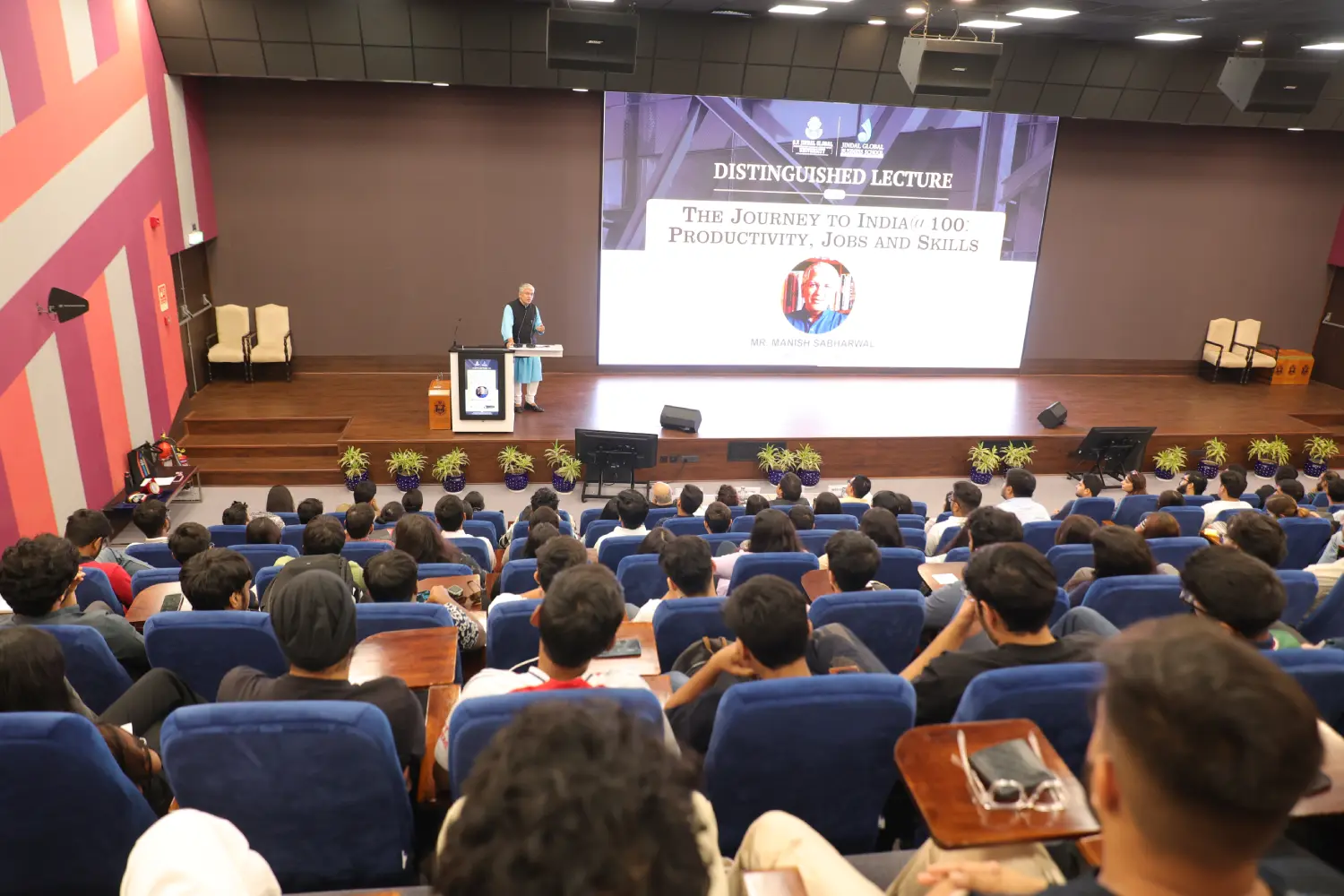Introduction
The growth of financial markets can be attributed to their critical role in the modern economic structure, enabling the buying and selling of securities, bonds, stocks, and other financial instruments. The BBA Financial Market course offers students an in-depth perspective on the structure, functions, and types of financial markets.
Investors and lenders use these markets to allocate surplus funds to borrowers who can then use them for various business activities. New stocks are issued in the primary stock market, while the buying and selling of existing stocks take place in secondary market platforms.
The Impact Of Financial Markets Over The Economy
Financial markets exist in various forms and operate differently depending on the instruments being traded. The capital market, stock market, cryptocurrency market, forex market, money market, debt market, bond market, and derivatives market are some of the prominent types explored in the BBA Financial Market course.
Besides the fundamentals of the financial market, the course, the subsequent research and insight allow students to understand the impact it has on the economy. The most significant example of this is the recent US-China tariff war that we witnessed in the first quarter of 2025, which sent shockwaves and had major impacts on the world financial markets.
What Is Herd Behaviour And How It Impact Financial Markets?
While there are definitely some advantages to these financial markets, there are also downsides that must be considered. The study and understanding of herd behaviour, especially in the context of financial markets, offers the biggest example for examining how it creates market volatility, bubbles, and results in crashes.
A BBA in financial markets university takes major economic events to explain how herd behaviour works. Herd behaviour in financial markets is recognised by a distinct pattern that shows investors banding together, following each other’s lead in financial trading. This causes the market to become unstable over time. The dotcom bubble of the 2000s and the housing bubble in the mid-2000s are some of the historical events that directly shed light on the severe impact herding could have on global markets.
Latest Trends In Financial Markets: A Study For The Future
The BBA financial market course from JGBS is a certified program that hinges upon differentiating between various financial markets and enhancing their analytical and quantitative skills. It begins with foundational subjects such as economics, finance, accounting, marketing, and management.
Students are trained to understand different financial services, products, and instruments commonly traded in these markets. The course encourages practical application of knowledge through internships, workshops, and industry projects, enhancing student portfolios and employability.
As technology advances, financial markets are also moving toward digital processes and the implementation of AI into financial services, revolutionising the system like never before, is only going to make things interesting from here on.
FAQ
-
What does the BBA (Hons.) Financial Markets course at Jindal Global Business School emphasize?
Ans: This course methodically emphasises various financial markets, different financial instruments and services, the unique functioning of these systems, and analysing them by using theoretical knowledge and practical skills. They are equipped with the latest tools and technology for evaluating markets and using the insights to solve real-life problems.
-
How are the candidates selected through merit tests and other processes at JGBS?
Ans: The holistic admission process at the Jindal Global Business School is conducted in three rounds. For starters, the candidates must pass their 10+2 board exams with mathematics or statistics included in their secondary program. Then, they are required to give the JSAT entrance exam if they have not already appeared for any equivalent tests and obtained the cut-off marks required to proceed to the final round. Lastly, they will have to appear for a faculty interview.
-
What is the 4-year course structure, and what are the methods for including practical insights into the BBA Financial Markets course?
Ans: The four-year course can be simply divided into two parts, basics and specialisation. The basics or fundamentals of financial markets are taught in the first two years of the program. As they gain insight into the different financial markets, their players and the products, they can choose a specialisation that interests them the most. The third and fourth years of the program deal with advanced topics such as financial analysis, risk management, investment banking, equity research, and so on.
-
What are the career paths after completing the BBA (Hons.) Financial Markets programme?
Ans: There are two ways to go after completing the BBA (Hons.) Financial Markets graduation program. Firstly, you can continue your academic journey by enrolling for an MBA degree. Secondly, if you start an internship with a company during your undergraduate program, you can continue working professionally with them or use it to enrich your portfolio and apply somewhere better.
-
How the BBA (Hons.) Financial Markets graduation degree enables students to start internships right away or get a job?
Ans: The BBA financial market undergraduate program enables students to learn theoretically and practically, through numerous lectures, workshops, and internships that give them a sense of the professional world of finance. They can work in banks, financial institutions, economic research centers, investment analysis, portfolio management, corporate finance, international finance, and many other areas of the financial sector.





